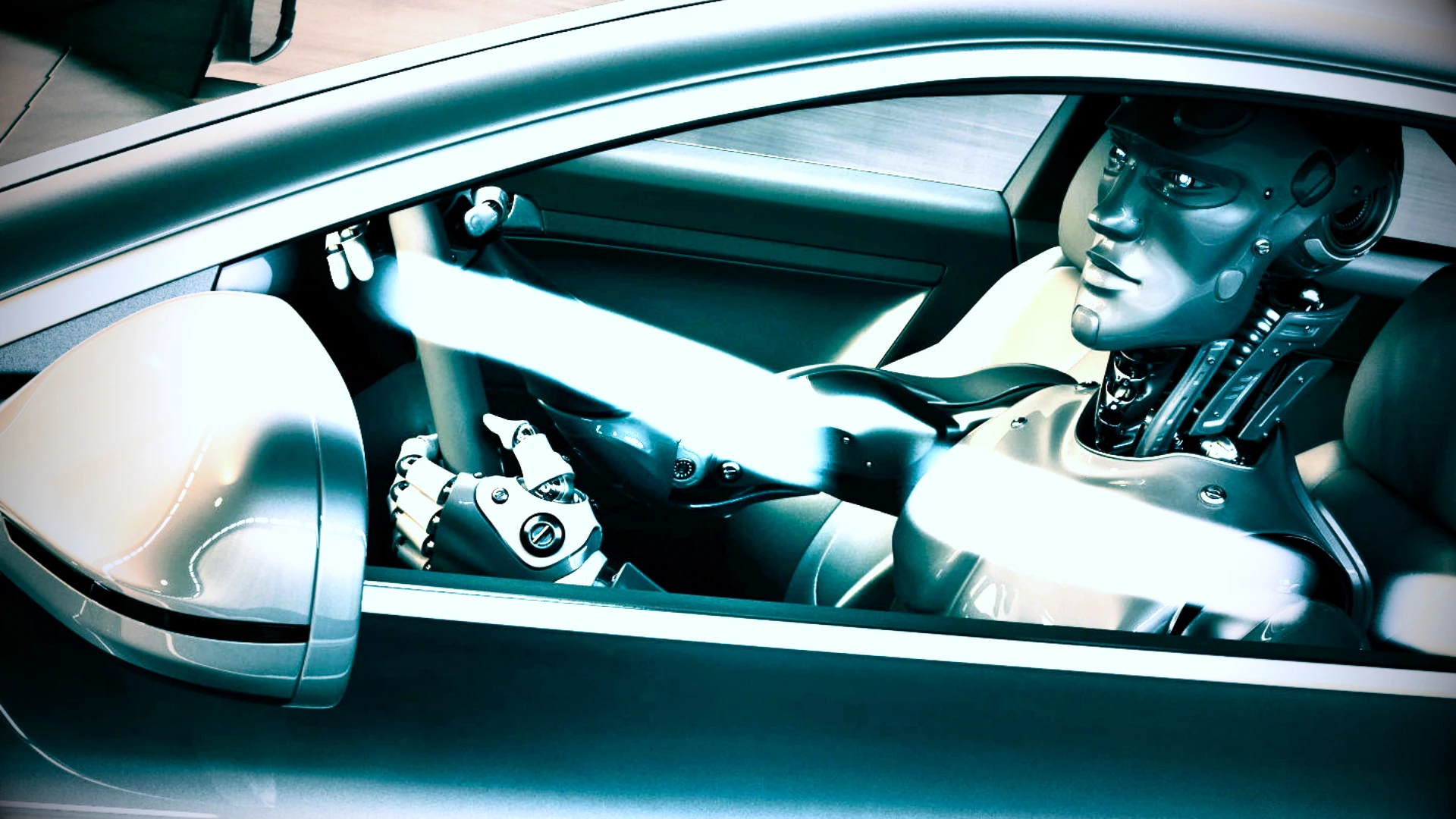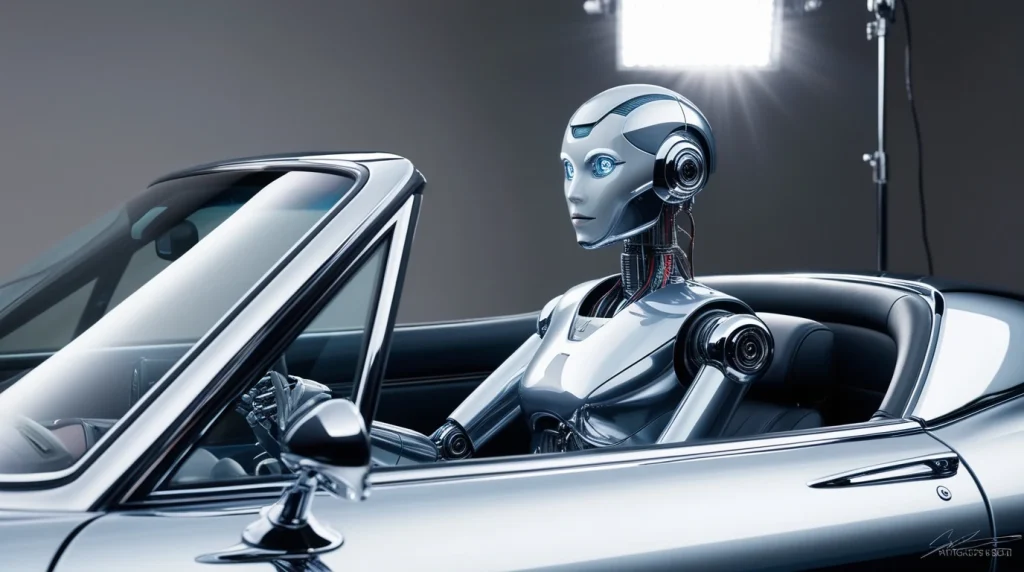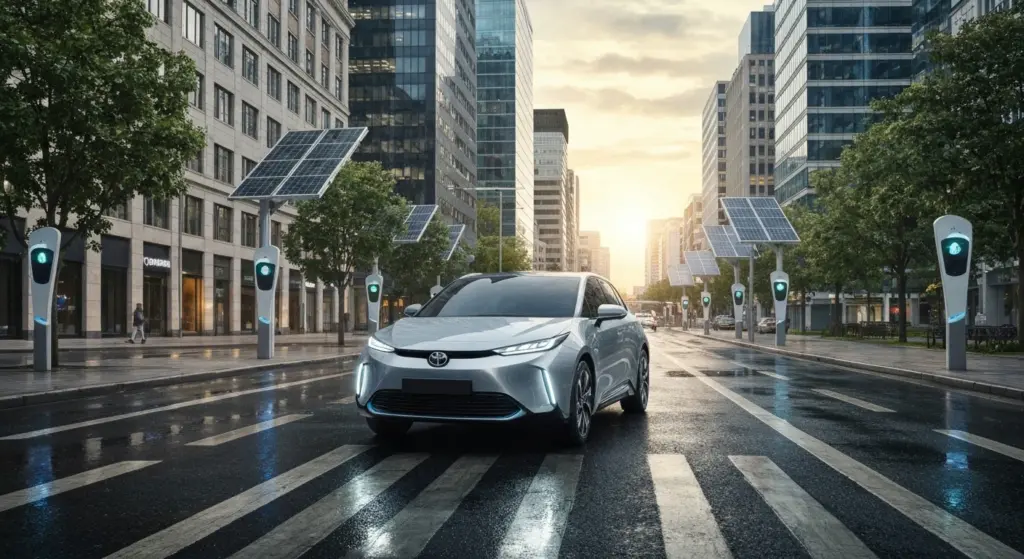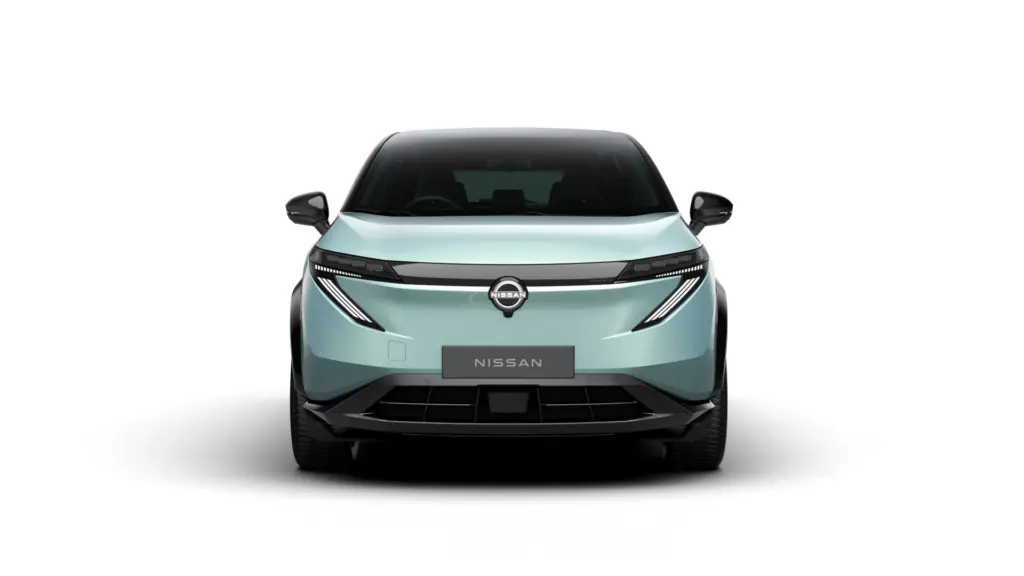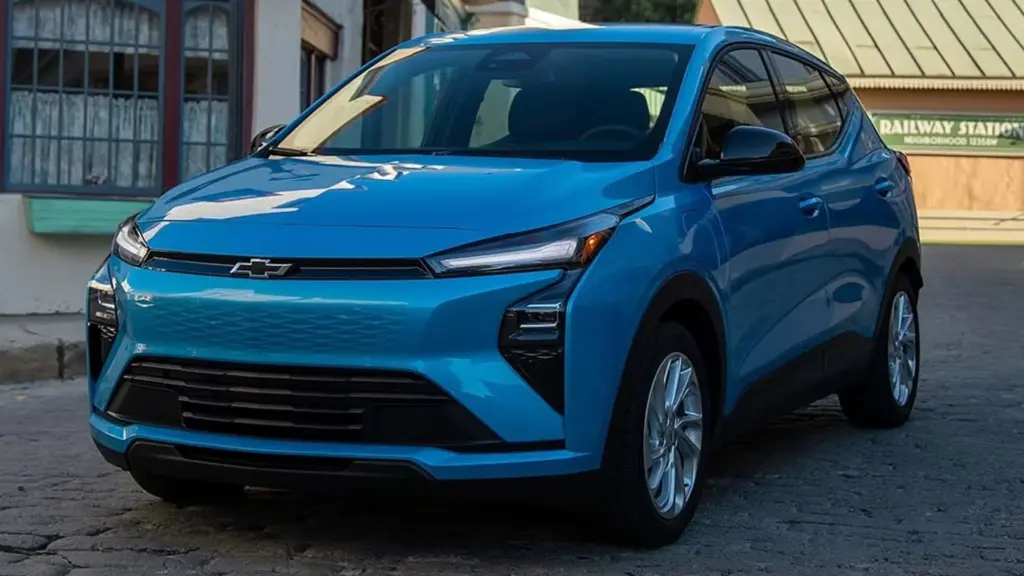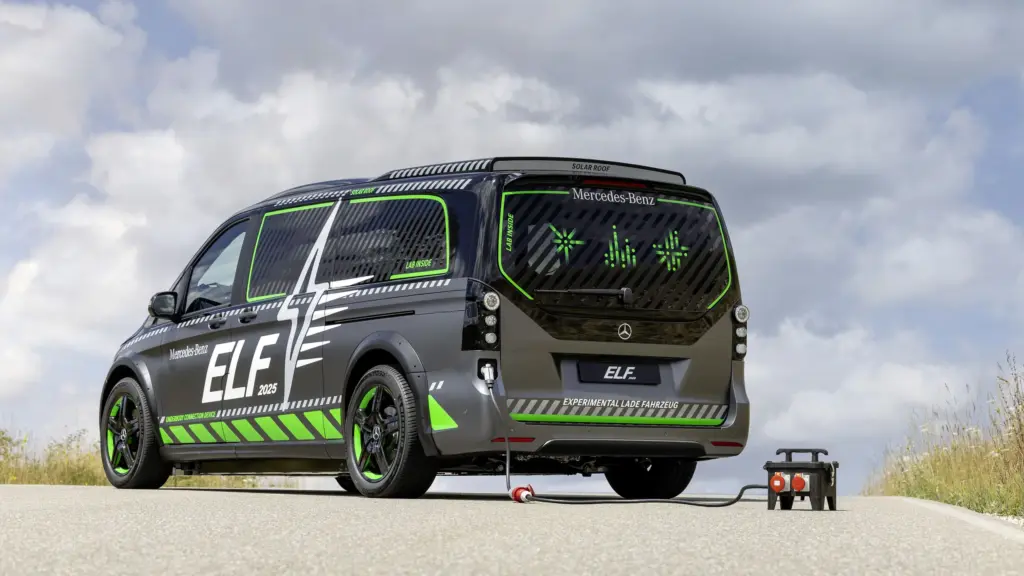Have you ever imagined a future where you can no longer drive your own car? This possibility, which once seemed like science fiction, is becoming increasingly real with the advancement of artificial intelligence and autonomous vehicles. In this article, we will explore what autonomous cars are, how they work, and the pros and cons of a potential ban on driving.
What are Autonomous Cars?
Autonomous cars are vehicles equipped with advanced technology that allows for driving without human intervention. Depending on the level of autonomy, these vehicles can be configured without traditional items like steering wheels and pedals. In some recent concepts, such components may emerge from the ceiling or under the dashboard of the vehicle when necessary.
Although much automation already occurs in many top-end models, 100% autonomous driving has not yet been fully developed. However, several companies are committed to launching completely autonomous cars in the near future.
Leading Companies in the Development of Autonomous Cars
Tesla, led by Elon Musk, already offers some models with automatic driving functions but still faces technical and regulatory challenges to ensure the safety and reliability of its autonomous cars.
Amazon has invested in the electric vehicle manufacturer Rivian and the software company Luminar to develop autonomous cars that can deliver products to consumers or offer transportation services in partnership with Toyota.
Audi has announced billion-dollar investments in research and development of autonomous cars. With vehicles already being tested on the streets of Munich, the company aims to launch a fully autonomous model in 2025.
Baidu, a Chinese company known for its internet browser, is also betting on autonomous cars. It has obtained licenses to test its vehicles in several cities in China and launched an autonomous taxi service called Apollo Go.
Waymo, a subsidiary of Alphabet, is considered one of the leaders in the autonomous car segment. The company already operates a driverless transport service in some US cities, using Fiat Chrysler vehicles equipped with its technology.
Finally, Uber, the ride-hailing company, is also investing in autonomous cars, both to reduce its operational costs and to enhance safety. Uber has already conducted tests with vehicles from Volvo and Toyota in some cities in the United States and Canada.
How Do Autonomous Cars Work?
Autonomous cars use technology based on neural networks, attempting to mimic human brain behavior to make decisions and respond. With the help of deep learning and advanced artificial intelligence, the car can visualize the real world and recognize obstacles before making any decisions.
This technology enables the vehicle to understand what forms that image and make decisions in fractions of a second. Autonomous cars are designed to reduce four main problems: accidents, noise pollution, traffic jams, and high emissions of pollutants.
Why You Might Be Prohibited from Driving?
The autonomous car is a vehicle that does not require a driver, being capable of traveling without human assistance through an artificial intelligence that can react to the environment and anticipate an obstacle or a potential collision.
Alarming statistics show that most traffic accidents are caused by human error. According to the Goiás State Traffic Council, 90% of accidents occur due to human errors, which can range from driver inattention to disregard for regulations.
A groundbreaking study by the Brazilian Traffic Medicine Association points out that recklessness, inattention, and incompetence of drivers are the factors that pose the greatest risks on the roads. Of the ten leading causes of registered accidents, nine were due to human error.
In Campina Grande, a study conducted by the Public Transport and Traffic Superintendency (CSTTP) showed that around 90% of traffic accidents in the city were caused by human error between January and September 2021.
However, it is important to note that the software program of autonomous cars, being autonomous, does not recognize limits. It can also make decisions that go against traffic laws or human ethics. For example, if it has to choose between hitting a pedestrian or crashing into another car, what would be the best option? Who would be responsible for the accident? The car manufacturer? The programmer of the artificial intelligence? The owner of the vehicle?
These are questions that still do not have clear answers and generate many doubts and debates. Some experts argue that autonomous cars should be regulated by specific laws and that humans should be prohibited from driving to avoid conflicts and risks. Others argue that this measure would be a violation of individual freedom and the right to move freely.
Pros and Cons of a Driving Ban
A potential driving ban would have advantages and disadvantages for society. In terms of benefits, the main highlights include the reduction of traffic accidents, which cause thousands of deaths and injuries annually, and the decrease in noise and atmospheric pollution, harmful to health and the environment.
Additionally, this measure could contribute to reducing traffic congestion, minimizing delays and wasted time. Other positive aspects include lowering costs related to fuel, maintenance, and insurance of vehicles, as well as increasing urban mobility by providing more options for public and shared transport. Furthermore, a driving ban could enhance productivity and leisure time for people, giving them more free time.
On the other hand, there are disadvantages to consider. The ban would result in a loss of freedom and autonomy for individuals, who would no longer be able to choose how and when to move. Moreover, many enjoy the pleasure and fun of driving, which would be lost with such a measure.
Another negative impact would be the loss of jobs and income for professionals who depend on driving, such as drivers, mechanics, instructors, among others. Additionally, the ban would lead to loss of assets and depreciation of vehicles that would be used less.
Finally, there would be the risk of failures and cyber-attacks on autonomous cars, which would compromise the safety and privacy of users.
With the advancement of artificial intelligence and autonomous cars, we are facing a reality that could radically change how we relate to vehicles and traffic. It is possible that, in the very near future, you may be prohibited from driving your own car.
This measure would have pros and cons for society, which would need to adapt to a new reality. While the benefits in terms of safety and efficiency are significant, issues related to individual freedom and socioeconomic changes cannot be ignored.
The debate about the future of autonomous cars and the potential driving ban will continue to evolve as technology advances. It is crucial for society to actively participate in these discussions to ensure that the decisions made reflect a balance between technological progress, public safety, and individual freedoms.
Author: Fabio Isidoro
Founder and editor-in-chief of Canal Carro, he dedicates himself to exploring the automotive universe with depth and passion. A car and technology enthusiast, he produces technical content and in-depth analyses of national and international vehicles, combining quality information with a critical eye for the public.

